
By Cecilia Smith, Atlanta Black Star — There are few things in U.S. culture more divisive than a discussion surrounding whether the descendants of the “peculiar institution” of slavery should…

By Cecilia Smith, Atlanta Black Star — There are few things in U.S. culture more divisive than a discussion surrounding whether the descendants of the “peculiar institution” of slavery should…

Flyer below The mission of the National Council for Incarcerated and Formerly Incarcerated Women and Girls (National Council) is to end the incarceration of women and girls. We do this…

By Ashley Farmer, The Chronicle of Higher Education — Among the things 2018 will be remembered for is mainstream culture’s realization that white Americans use the police to challenge black entry into “white” spaces. Countless viral news stories detail how white people have called the police on black people for cooking, shopping, driving — basically for existing while black. A black body in a space presumed to be white is…
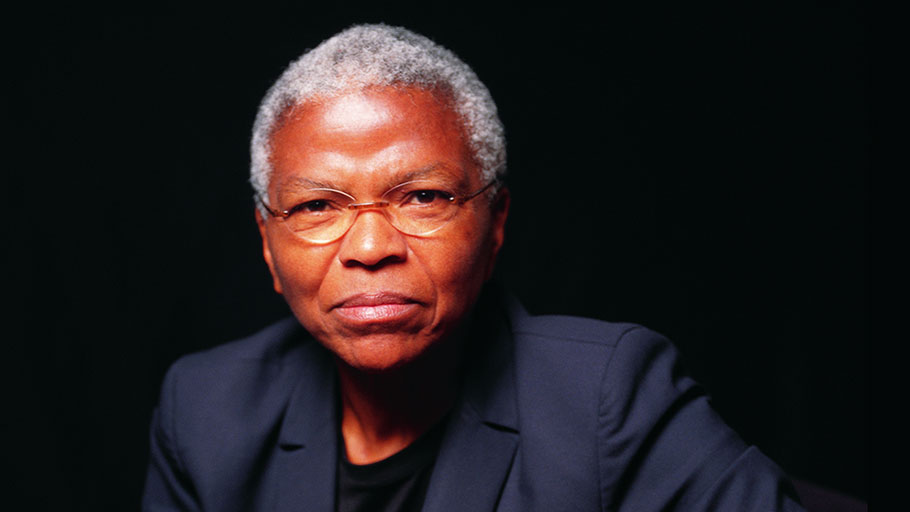
The civil rights activist, historian, and author discusses her new book “History Teaches Us to Resist: How Progressive Movements Have Succeeded in Challenging Times.” Civil rights activist, historian, and…
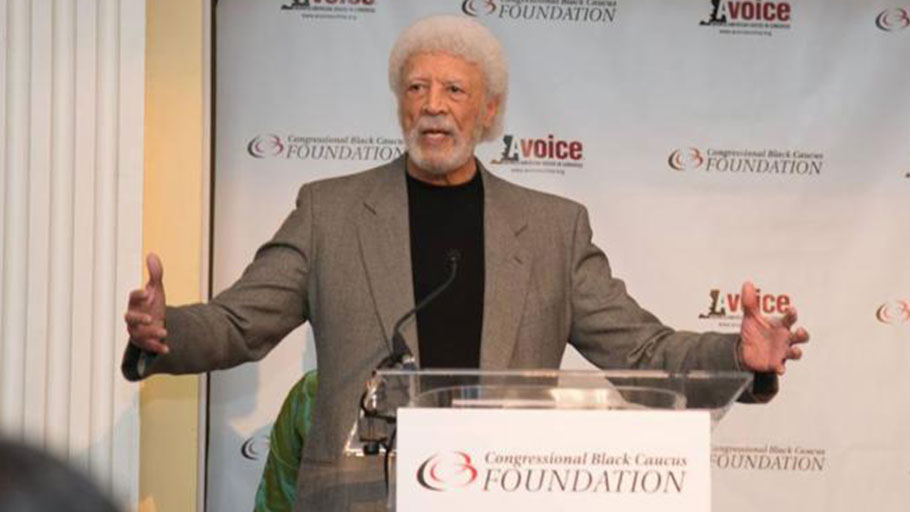
WASHINGTON — A. Shuanise Washington, president and CEO of the Congressional Black Caucus Foundation, Inc. (CBCF), released the following statement on the passing away of former Congressman Ronald V. Dellums….
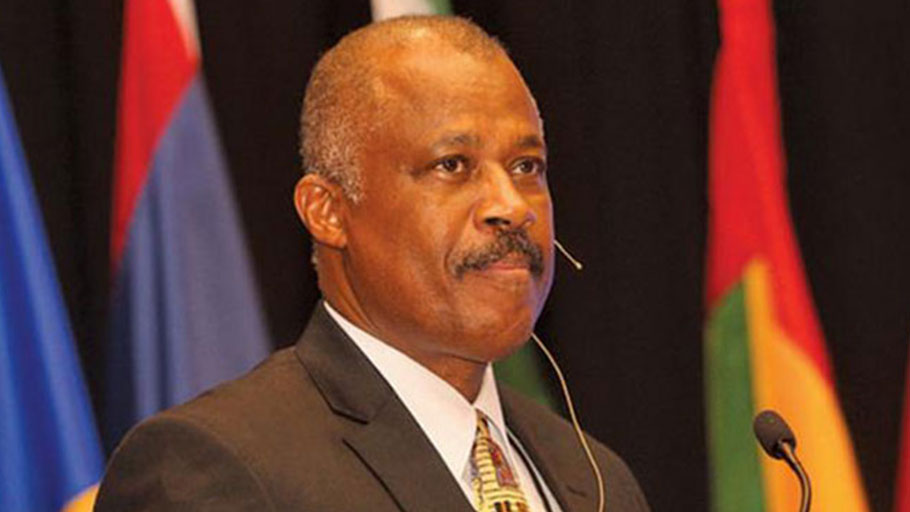
By Professor Sir Hilary Beckles — Emancipation Day Message We join annually with communities across the world in marking the moment in which the crime of chattel enslavement was confronted…
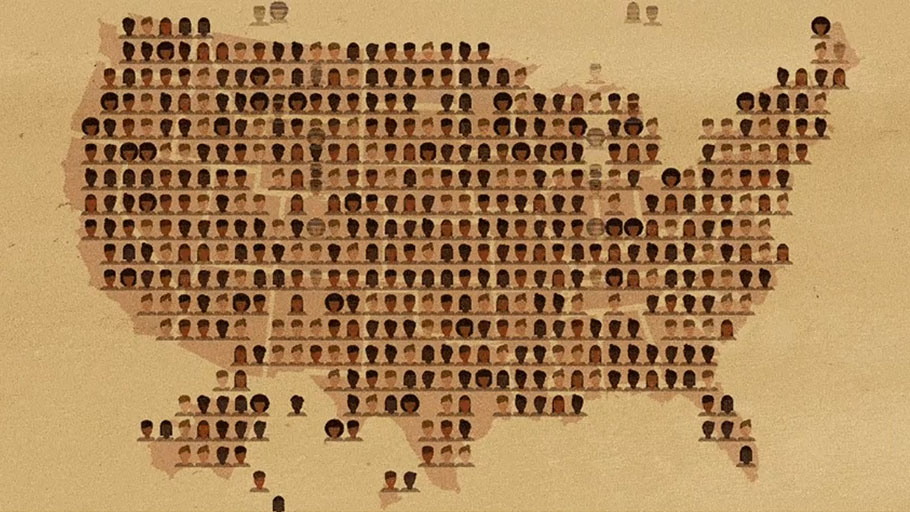
How demographic change is fracturing our politics. By Ezra Klein, Vox — In 2008, Barack Obama held up change as a beacon, attaching to it another word, a word that channeled everything his young and diverse coalition saw in his rise and their newfound political power: hope. An America that would elect a black man president was an America in which a future was being written that would read thrillingly different…
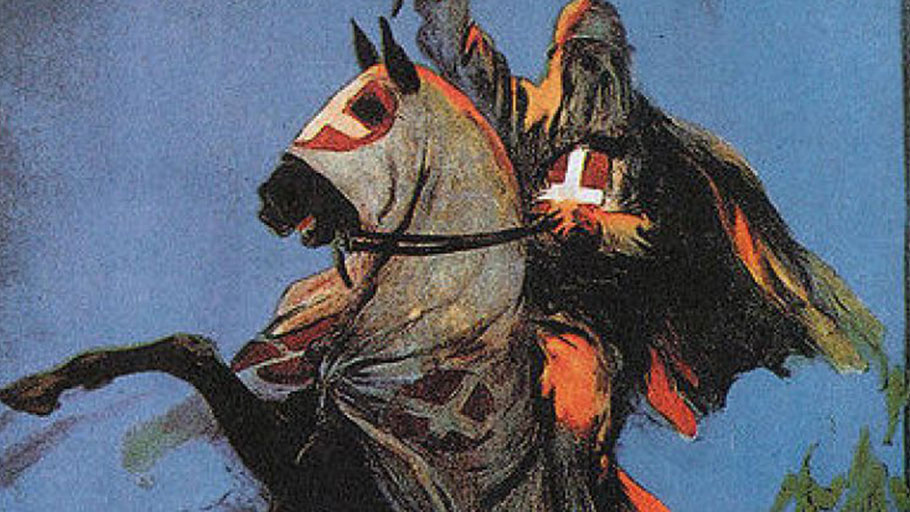
By Robin D. G. Kelley, Boston Review — Cedric Robinson was fond of quoting his friend and colleague Otis Madison: “The purpose of racism is to control the behavior of…
Featuring: Speeches of Dr. Martin Luther King, Jr. Guests: Rev. Jesse L. Jackson, President, Rainbow/Push Coalition, Chicago, IL (Invited), Dr. Iva Carruthers, General Secretary, Samuel DeWitt Proctor Conference, Chicago, IL and Bill Lucy, President Emeritus, Coalition of Black Trade Unionists, Washington, D.C.
Article by Ed Pilkington with video by Tom Silverstone — Over two years, Pilkington has interviewed eight people imprisoned since the 1970s black liberation struggle that rocked the US. As they near 50 years inside, will America’s black radicals ever be freed?

Vantage Point Vignettes Comments and Commentary by Dr. Ron Daniels — How many Black men and women must be murdered under Florida’s infamous “stand your ground law” before Black people…
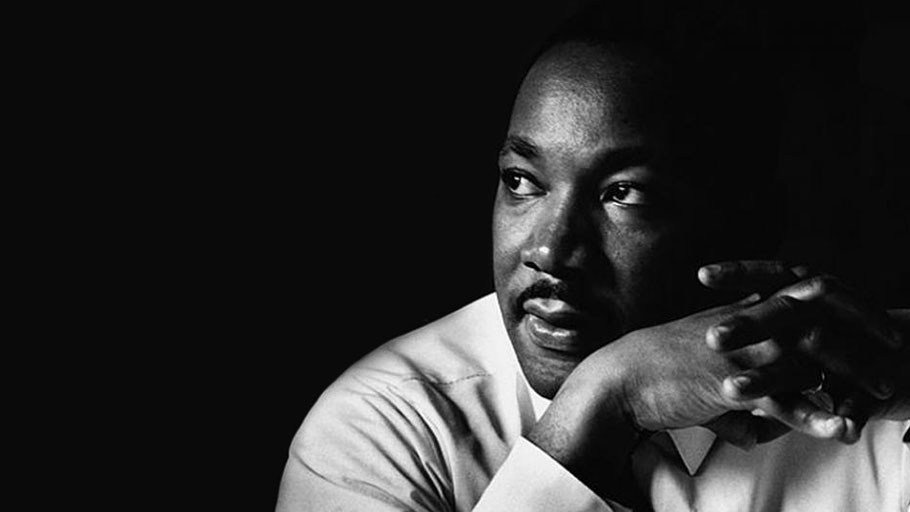
A new book argues that King’s suspicion of American capitalism and his passion for economic justice did not represent a turn in his last tumultuous years. They were there all…